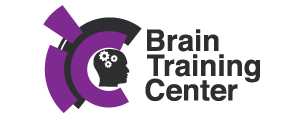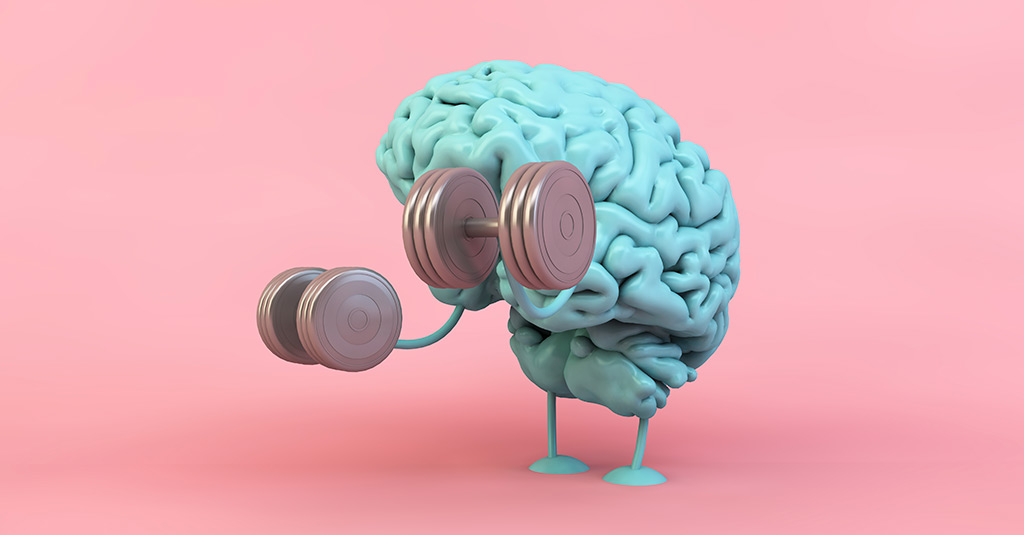Hier sind einige herausragende wissenschaftliche Studien zum Thema Neurofeedback-Training für Peak Performance:
- Golf performance enhancement and real-life neurofeedback training using personalized event-locked EEG profiles. Journal of Neurotherapy, 11(4), 11–18. Arns, M., Kleinnijenhuis, M., Fallahpour, K., & Bretler, R. (2007).
- Applied research using alpha/theta training for enhancing creativity and well-being. Journal of Neurotherapy, 5(1–2), 5–18. Boynton, T. (2001).
- Ecological validity of neurofeedback: Modulation of slow wave EEG enhances musical performance. NeuroReport, 14(9), 1221–1224. Egner, T., & Gruzelier, J. H. (2003).
- Validating the efficacy of neurofeedback for optimising performance. Progress in Brain Research, 159, 421–431. Gruzelier, J., Egner, T., & Vernon, D. (2006).
- A theory of alpha/theta neurofeedback, creative performance enhancement, long distance functional connectivity and psychological integration. Cognitive Processing, 10 (Suppl 1), S101–109. Gruzelier, J. (2009).
- Biofeedback and dance performance: A preliminary investigation. Applied Psychophysiology & Biofeedback, 30(1), 65–74. Raymond, J., Sajid, I., Parkinson, L. A., & Gruzelier, J. H. (2005).
- The neurofeedback book: An Introduction to basic Concepts in Applied Psychophysiology, Wheat Ridge, CO: Association for Applied Psychophysiology. Thompson, M. & Thompson, L. (2003)
- EEG applications for sport and performance. Methods, 45, 279–288. Thompson, T., Steffert, T., Ros, T., Leach, J., & Gruzelier, J. (2008).
- Alpha neurofeedback training for performance enhancement: Reviewing the methodology. Journal of Neurotherapy, 13(4), Pages 214–227. Vernon, D., Dempster, T., Bazanova, O., Rutterford, N., Pasqualini, M., Andersen, S. (2009).
- Can neurofeedback training enhance performance? An evaluation of the evidence with implications for future research. Applied Psychophysiology & Biofeedback, 30(4), 347–364. Vernon, D. J. (2005).

